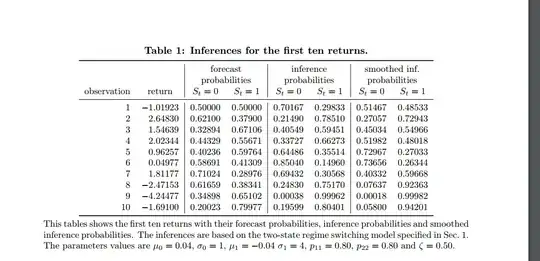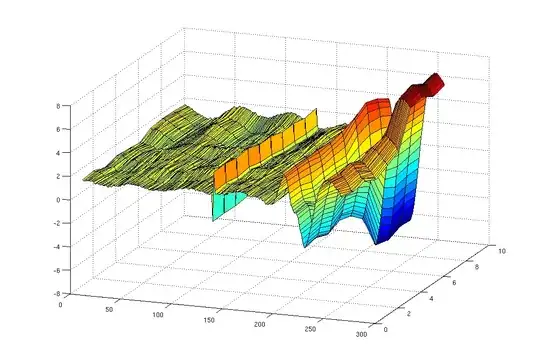A group of users search a keyword on a search engine, they click the web page and a few of them purchase the product (lead).
I have to calculate the conversion rate (lead/clicks). Now, for keywords with a lot of clicks (A, B, E) it makes sense the value of conversion rate, but for a keyword with low data (C and D) it doesn't make sense a 100% conversion rate. In all cases, I cannot exclude outliers and I need to estimate what it could be a reasonable conversion rate even if I have 1 click and 1 lead. At the same time, the keyword "E" it's good to be considered with 97% conversion rate because with 150 clicks there is a high probability that it's true and it doesn't need to be scaled. What can I do?
My idea is to calculate the average conversion rate (Total lead / Total clicks) for all keywords. Let's say "Total conversion rate" = 10%. Then all clicks are clicks_adj = $max( real clicks, 1/0.10)$. Basically, even if clicks are 1 I consider as the average clicks for 1 lead. It does make sense?


